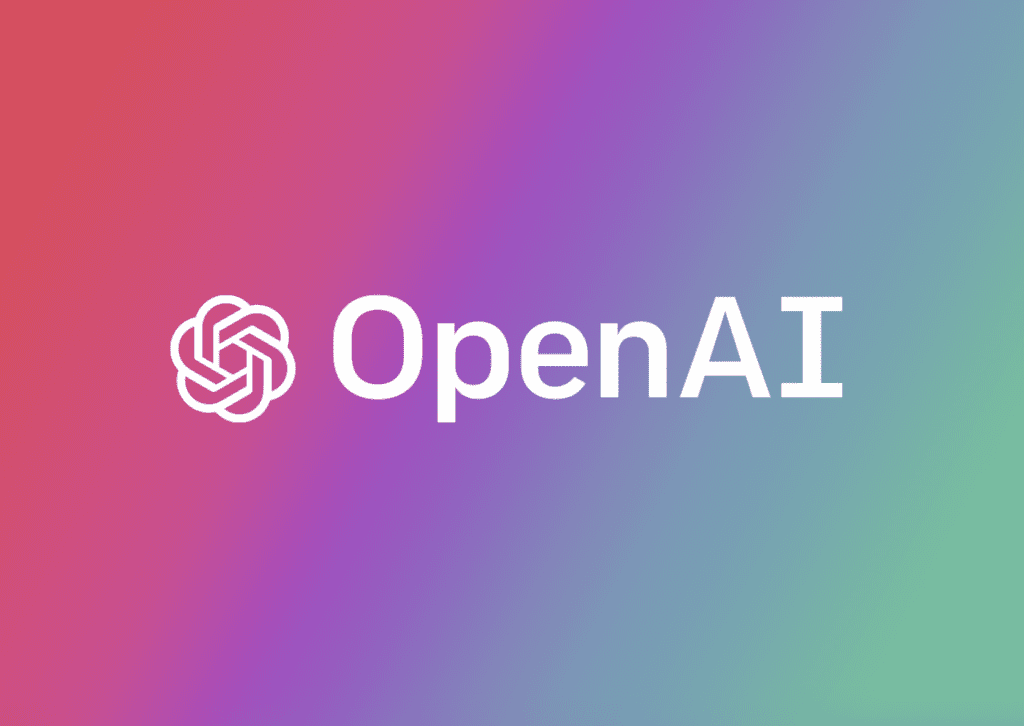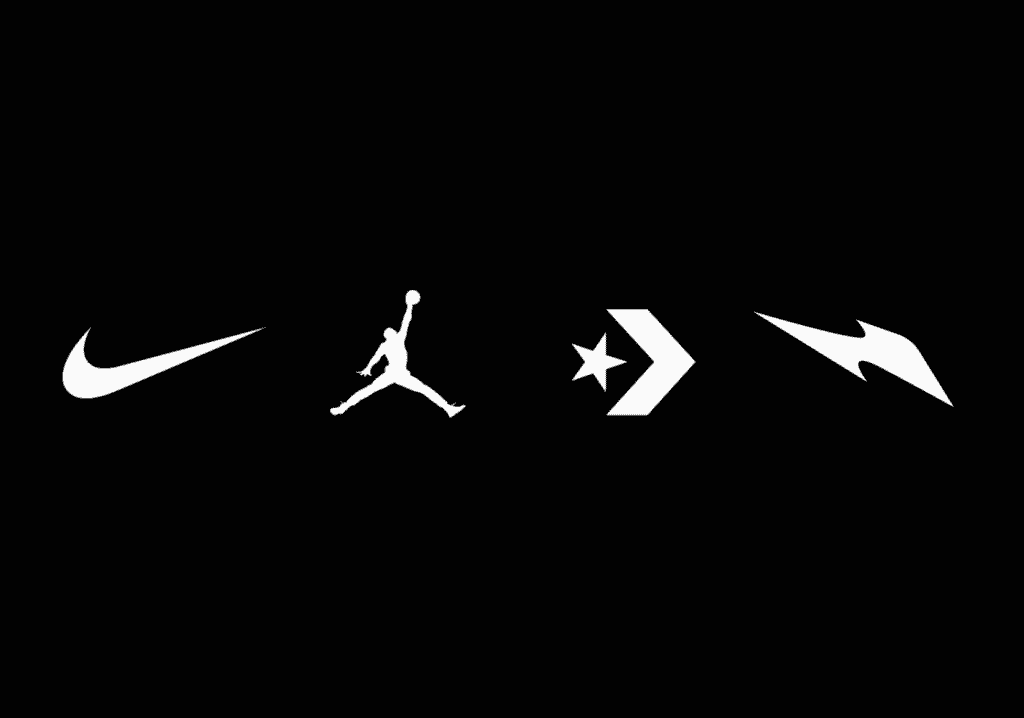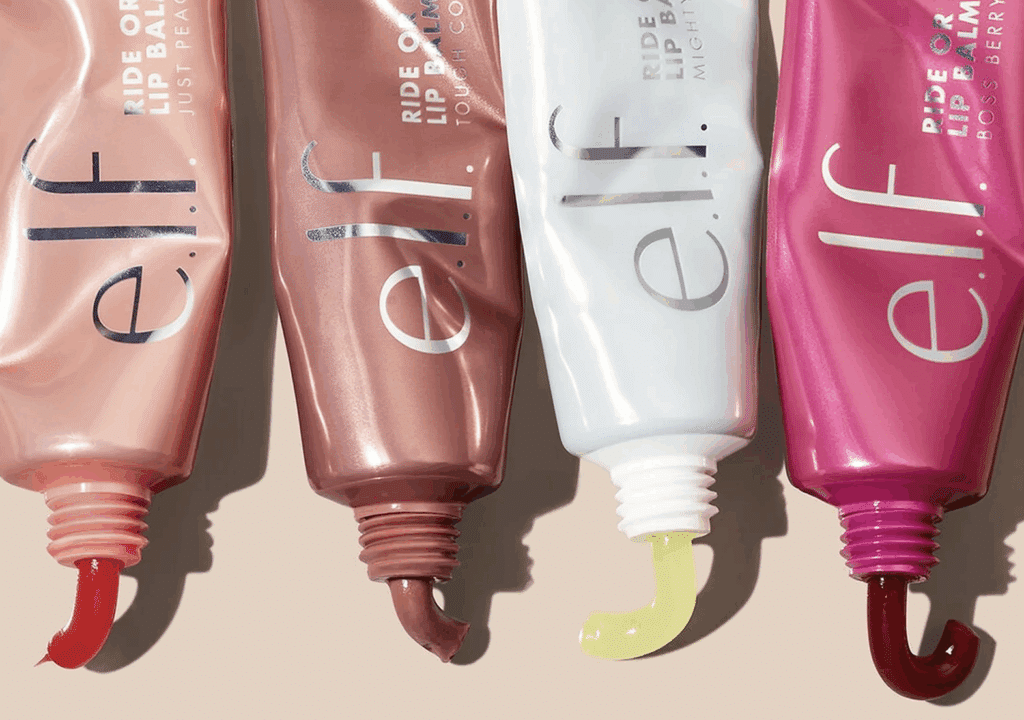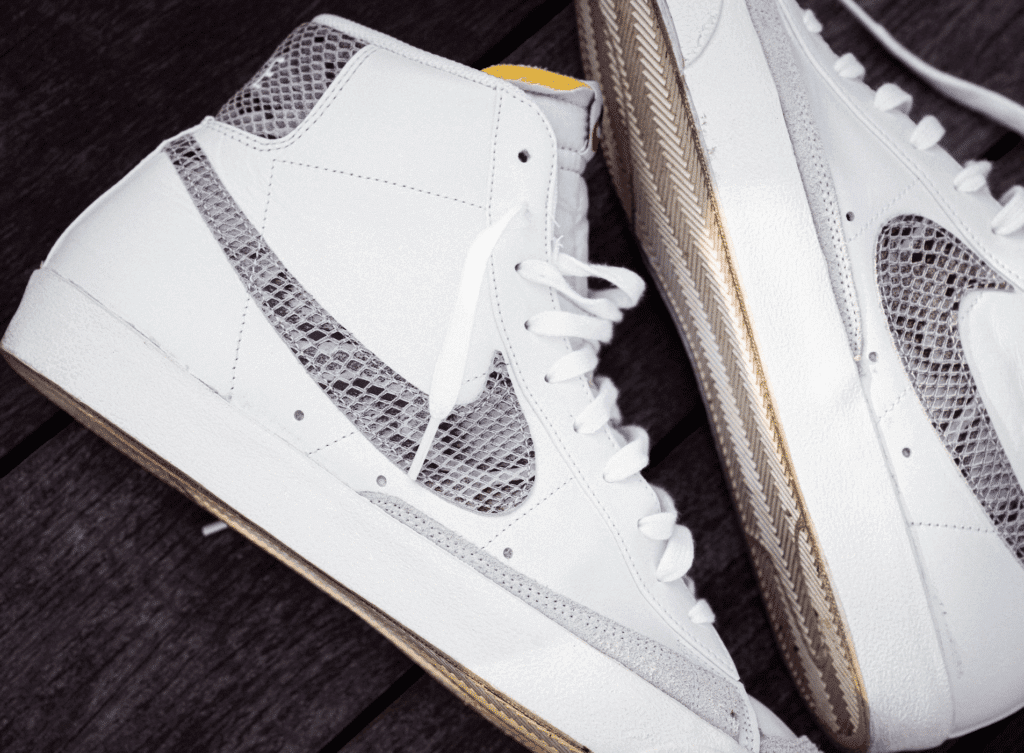OpenAI is facing pushback in the trademark infringement and fraud case that it waged against an identically-named but unaffiliated third party last year. In a filing with the U.S. District Court for the Northern District of California on May 24, Open Artificial Intelligence Inc. and its founder, Guy Ravine, lodged counterclaims against OpenAI, asserting trademark infringement and unfair competition allegations of their own, and also angling to get the court to block two trademark applications for registration that OpenAI filed for the “OpenAI” word mark on the basis that the marks “impermissibly misdescri[be]” the company’s products and services as being “open to the public.”
Setting the stage in their filing, as first reported by TFL, Artificial Open Intelligence and Ravine (collectively, “Open Artificial Intelligence”) assert that Ravine came up with the idea to develop artificial general intelligence in an open and transparent manner. Open Artificial Intelligence asserts that Ravine spent years refining the concept, including the “Open AI” name, and was on the cusp of announcing the project in December 2015. However, Sam Altman and Greg Brockman allegedly rushed to launch their own company, OpenAI, using the same name and beat Ravine to the AI punch.
Specifically, Open Artificial Intelligence asserts that Altman and Brockman duplicated Open Artificial Intelligence’s concept, name, mission, and principles. Beyond that, Open Artificial Intelligence alleges that they also falsely claimed that they had raised $1 billion in funding for OpenAI and brought top researchers on board, news that enabled them and their same-named project to steal momentum from Open Artificial Intelligence and relegate it to the sidelines.

According to Open Artificial Intelligence, Altman and Brockman used the promise of an “open” AI model to recruit talent and funding, while privately viewing the openness as a short-term strategy and over time, diverting OpenAI away from its original mission and making it closed-source and for-profit under their control.
With the foregoing in mind, Open Artificial Intelligence accuses OpenAI of various federal and state law violations, including trademark infringement, false advertising, and unfair competition. It is seeking injunctive relief to stop OpenAI’s alleged infringement and monetary damages. Additionally, Open Artificial Intelligence is angling for a declaration from the court that it owns the “Open AI” mark. And still yet, Open Artificial Intelligence wants the court to block two trademark applications for registration for the “OpenAI” word mark that OpenAI filed with the U.S. Patent and Trademark Office on the grounds that the ChatGPT creator’s mark is “impermissibly misdescriptive” in light of the closed-source nature of its model.
Open Artificial Intelligence’s counterclaims follow from the trademark-centric complaint that OpenAI filed against it last August. In its complaint, OpenAI accused Open Artificial Intelligence and Ravine of co-opting its brand and “fraudulently divert[ing] public interest in and demand for [its] products.” According to OpenAI, Open Artificial Intelligence “unlawfully adopted” the “Open Artificial Intelligence” name after it had already begun operating in the AI space and as a result, stands to confuse “millions of users of OpenAI’s products into mistakenly believing that [they] have any connection to, association with, or sponsorship by OpenAI when, in fact, there is none.”
The latest filing comes on the heels of an early victory for OpenAI, which was granted a preliminary injunction in February, with the court barring Open Artificial Intelligence from using the “Open AI” trademark or “any other logo, design, or word mark that is a colorable imitation of, or similar to, it, including without limitation ‘Open AI’ and ‘open.ai,’” among other things, for the duration of the case.
THE BIGGER PICTURE: The showdown between the like-named companies comes amid rising legal tensions in the AI space. Maybe more interesting than the parties’ rival trademark claims is the light that the case at hand sheds on the issue of transparency and openness when it comes to the development and operation of generative AI models. The original vision behind both Ravine’s and Altman’s “Open AI” concepts emphasized the need for transparency and collaboration, but the alleged subversion of these principles by the bigger player here highlights the tension between open science and competitive pressures.
At the same time, the case raises questions about the overarching impact of AI, with Open Artificial Intelligence and Ravine arguing that their case is about more than trademark infringement. “This case is ultimately about whether the legal system is willing to hold OpenAI accountable for deception and worse, or whether OpenAI is going to get a free pass for being ‘too big to fail,’” Open Artificial Intelligence alleges in its filing.
“It is not just Ravine who has a right to demand that OpenAI conduct itself honestly and transparently,” Open Artificial Intelligence further asserts. “All eight billion people on the Earth, to whom OpenAI is ‘irrevocably dedicated’ in its Certificate of Incorporation, have a stake in this litigation. The importance of this lawsuit goes far beyond Guy Ravine and his company. The results of this case will profoundly affect consumers, researchers, investors, lawmakers, and indeed anyone who plans to inhabit the planet.”
The case is OPENAI, INC. v. Open Artificial Intelligence, Inc. et al., 3:23-cv-03918 (N.D. Cal.)














